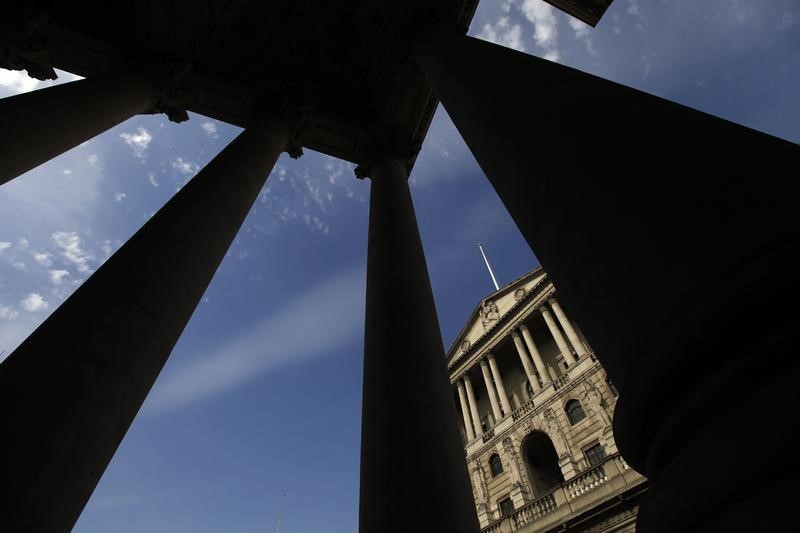Gold prices set for weekly gains on dovish Fed outlook; silver near record high
The Bank of England (BoE) has put the brakes on its bond repurchasing programme as financial markets have stabilised over the last few days with no purchases made yesterday at all.
The BoE announced on 28 September that it had set aside £65bn to buy in long-dated UK government bonds (gilts) “in a temporary and targeted way” to “ restore orderly market conditions”.
It said the program would expire on 14 October.
But the BoE bought no bonds yesterday, almost no bonds on Monday, and very little last week.
The central bank bought very little over the first three days of the programme (Sep 28, 29, and 30), averaging only £1.21 billion per day, instead of £5 billion per day, according to its daily disclosures of gilt purchases.
It bought almost nothing on Monday, just £22mln, and it bought £0 yesterday.
The BoE is using reserve pricing at the auctions and yesterday it received £2.23 billion in offers, and rejected all of them.
With these pricing limits, the BoE is further communicating that this is a temporary “backstop”, as it calls it, to calm the gilt market, and not the beginning of a new round of quantitative easing; and that it is serious about ending the programme, as announced, on 14 October.
